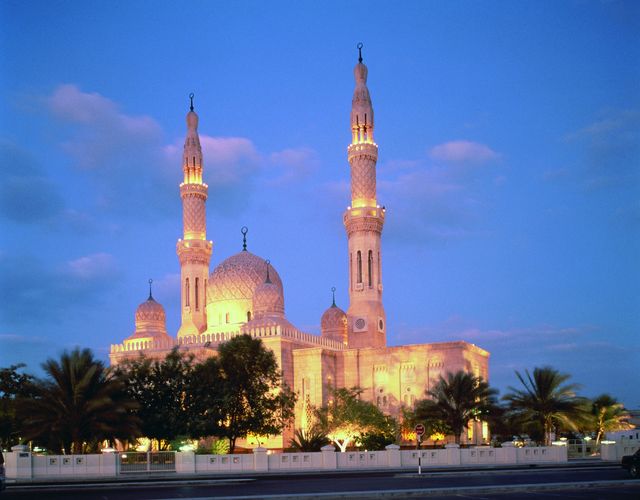Welcome to the first joint Project Finance International (PFI) and International Financing Review (IFR) Middle East Report, a review of the GCC capital markets published by Thomson Financial, the parent company of PFI and IFR.
This report comes at a time of unprecedented economic activity in the GCC. High energy prices have boosted the local economies, but at the same time the GCC economies are diversifying. This diversification needs a lot of international development capital. At the same time it is driving the more efficient recycling of capital via the local markets.
The economic diversification is manifest in three areas. The traditional oil and gas industries remain predominant in the GCC but industrial development associated with the oil and gas industries is moving downstream – that is, adding value to the raw oil and gas produced upstream. This entails building new petrochemical facilities and industrial projects. There is a huge expansion of the local industrial base being built at present to serve world markets with new low-cost petrochemical projects, aluminium smelters and steel plants.
These new plants have access to the cheapest raw material oil and gas feedstock prices in the world. To fund them, large amounts of international project finance debt is being utilised. And the local stock markets have also been called upon to raise equity funds for the projects. Half the population in Saudi Arabia now owns a stake in the latest US$5bn petrochemical scheme in the Kingdom, Yansab, following an IPO of the project's equity.
It should be stated, however, that GCC upstream oil and gas production remains critical to the region and, indeed to the world. GCC economies are leading the global dash for gas with the development of the LNG sector, an industry that has also been consuming a great deal of expansion capital this decade.
The second area of economic diversification is away from oil and gas. This has been manifested in tourism and property-linked development. Such has been the pace of activity in this sector there are long-standing concerns that the property boom in the GCC might be in for a bust.
It has not happened yet, but any visitor to the Emirates will be staggered by the amount of construction being undertaken - and by the terms offered to potential buyers of this real estate. This activity is not just limited to the UAE. Dubai-based developer Emaar is now exporting its mega property development concept to other GCC countries. Its 55m sq ft King Abdullah City development has just had its IPO, with the issue being oversubscribed.
The third area is private equity and equity investment overseas. It is now no surprise to see GCC investors behind some of large private equity deals elsewhere in the world – whether it is the purchase of P&O, Madam Tussauds or Travelodge.
The GCC capital markets remain relatively small compared with some of the developed giants elsewhere. But many of the world's financial institutions are now setting up shop in the region, expecting the markets to develop. GCC banks and investors are becoming more sophisticated in their financing strategies. The move to efficient capital markets will be speeded up by the appearance of hungry new international competitors.
Rod Morrison Editor
